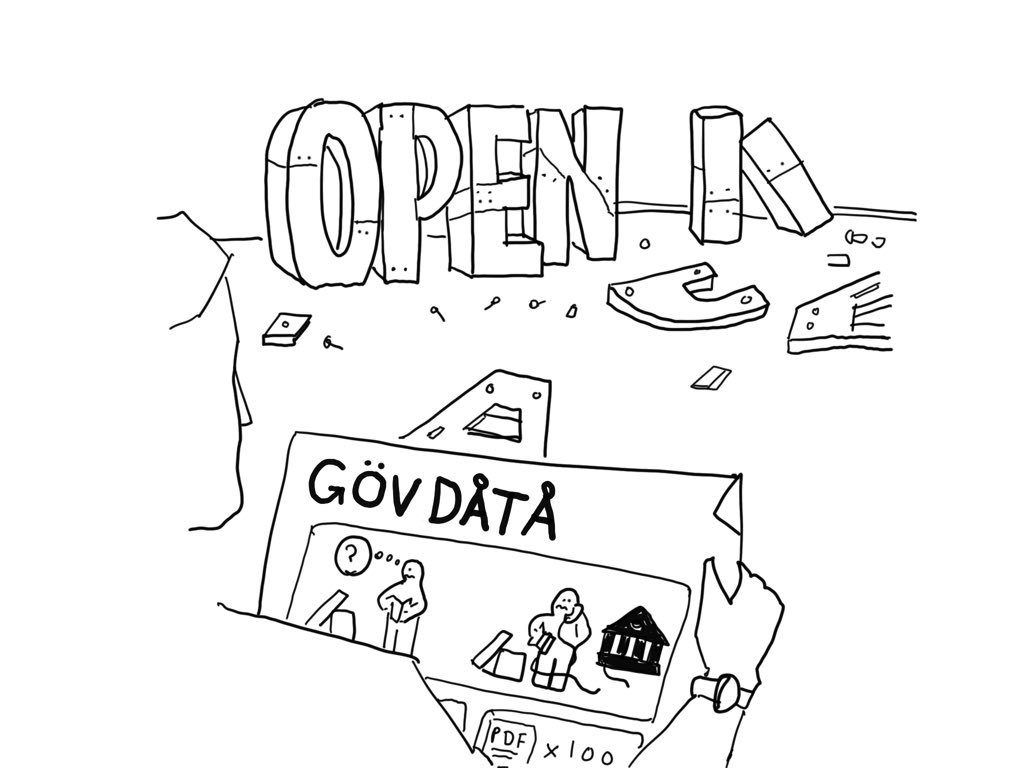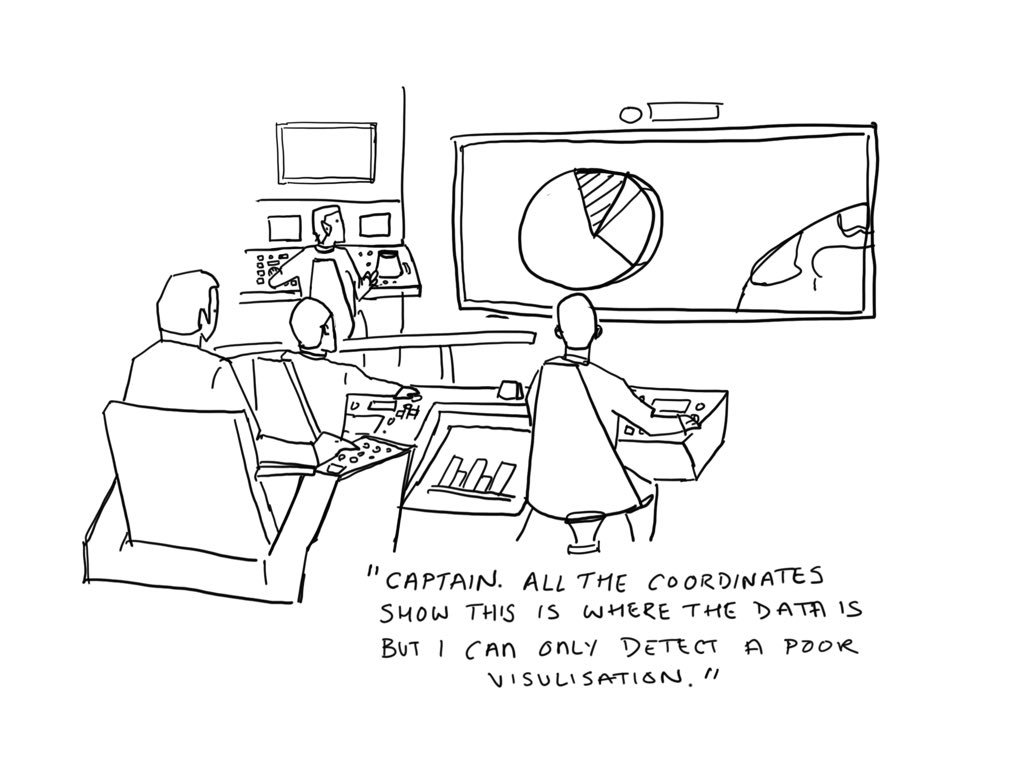The Final Global Open Data Index 2016/17 is now published
The updated Global Open Data Index has been published today, along with our report on the state of Open Data this year.
The report includes a broad overview of the problems we found around data publication and how we can improve government open data.
You can download the full report here.
Updated: Tracking the state of open government data > https://index.okfn.org/
Five findings from this year’s GODI
- GODI highlights data gaps. Open data is the final stage of an information production chain, where governments measure and collect data, process and share data internally, and publish this data openly. While being designed to measure open data, the Index also highlights gaps in this production chain.
- Does a government collect data at all?
- Why is data not collected? Some governments lack the infrastructure and resources to modernise their information systems; other countries do not have information systems in place at all.

- Data findability is a major challenge. We have data portals and registries, but government agencies under one national government still publish data in different ways and different locations. Moreover, they have different protocols for license and formats. This has a hazardous impact - we may not find open data, even if it is out there, and therefore can’t use it. Data findability is a prerequisite for open data to fulfill its potential and currently most data is very hard to find.
- A lot of ‘data’ IS online, but the ways in which it is presented are limiting their openness. Governments publish data in many forms, not only as tabular datasets but also visualisations, maps, graphs and texts. While this is a good effort to make data relatable, it sometimes makes the data very hard or even impossible for reuse. It is crucial for governments to revise how they produce and provide data that is in good quality for reuse in its raw form. For that, we need to be aware what is best raw data required which varies from data category to category.

- Open licensing is a problem, and we cannot assess public domain status. Each year we find ourselves more confused about open data licences. On the one hand, more governments implement their unique open data license versions. Some of them are compliant with the Open Definition, but most are not officially acknowledged. On the other hand, some governments do not provide open licenses, but terms of use, that may leave users in the dark about the actual possibilities to reuse data. There is a need to draw more attention to data licenses and make sure data producers understand how to license data better.
- GODI is a platform to spark debate about open data. Ultimately, the Index is only relevant and actionable if it resonates with civil society and government. Thus, the Index seeks to enable meaningful dialogue about government data publication. Which regulations and laws prevent data from being published? Which government procedures block open data release? Why does individual data matter for different publics? And how to align the priorities of the public with those of government? More than being a poor ranking, the Index is a unique platform for citizens and governments to get into dialogue with one another.



No comments:
Post a Comment